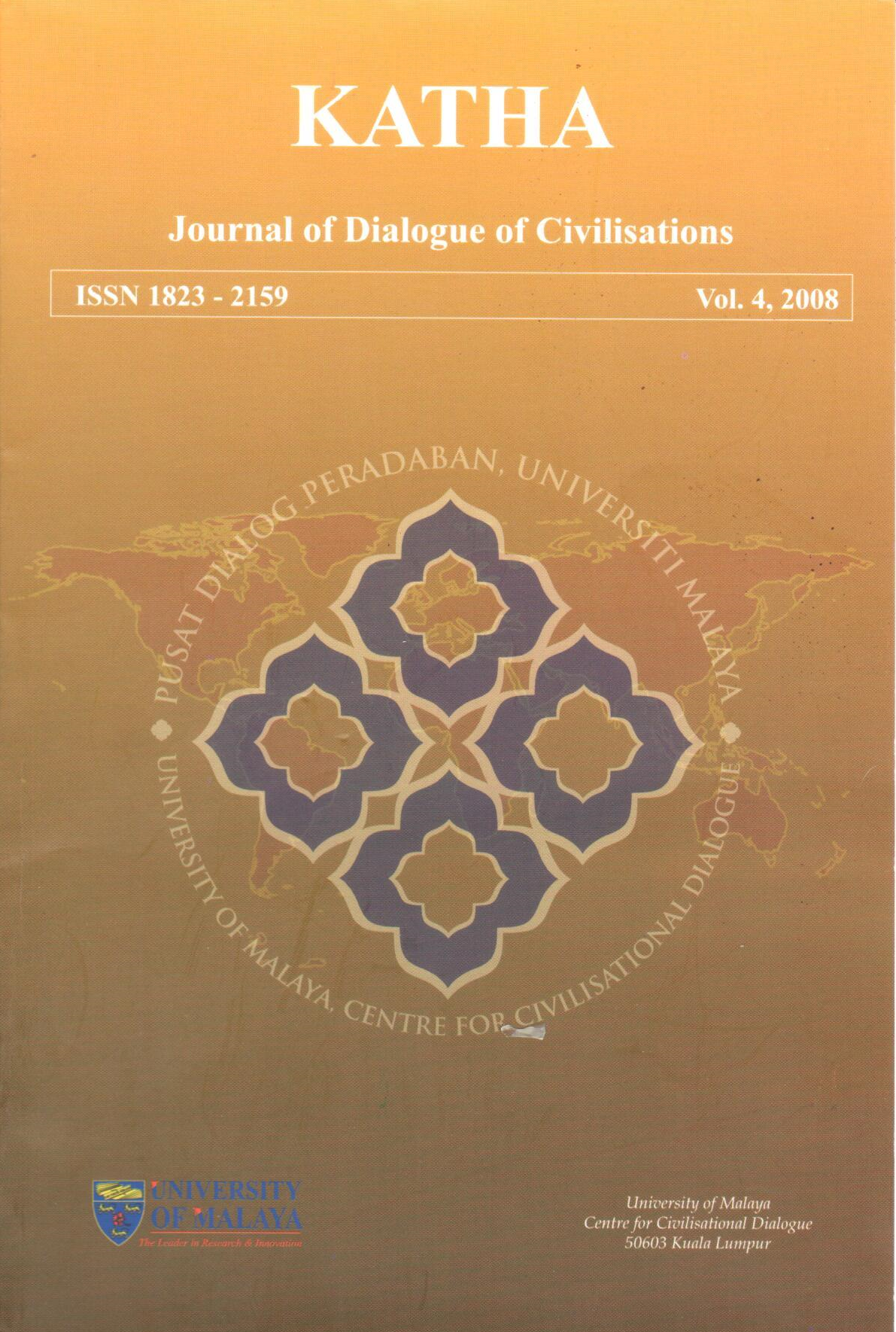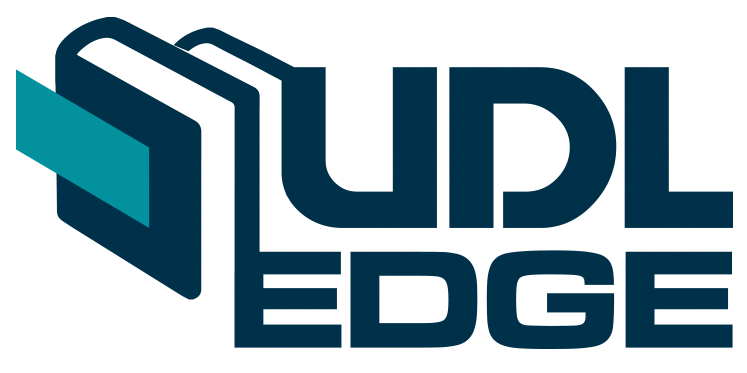Interreligious Dialogue in The Qur’an: Interpretations of Al-tabari And Sayyid Qutb
Abstract
This paper seeks to discuss Qur’anic perspectives on “People of the Book” (ahl al-kitab) with particular historic reference to the Jews and the Christians. This discussion is based on selected verses of the Qur’an as these have been interpreted by two prominent Muslim commentators of different eras. The two are al-Tabari (838-923), a classical commentator, and Syed Qutb (1903-1966), a modern commentator. Qur’anic teachings on “People of the Book” are important, because these greatly influence and shape inter-faith relations between Muslims and the followers of other religions, particularly the Jews and the Christians. The Qur’an is the main shaper of Muslim attitudes toward the Jews and the Christians in every era in Islamic history. But there are also non-religious factor peculiar to each era-political, cultural, and other – that influence Muslim attitudes toward the Jews and the Christians. That historical factors play a role in determining Muslim attitudes toward the Jews and the Christian is reflected in the commentaries of the two selected scholars. This paper also discusses the factors which may explain the current Muslim lukewarm response to inter-faith dialogue with the Jews and the Christian, especially with the former. It present some of the outstanding obstacles to dialogue, the most important of which pertains to a misinterpretation of the Qur’anic idea of jihad not only among the Jews and the Christians but also among the Muslims. The paper then makes several suggestions on how to improve the state of inter-faith dialogue among the three religious groups.
Downloads
Downloads
Published
How to Cite
Issue
Section
License
Articles submitted to the journal should not have been published before in their current or substantially similar form, or be under consideration for publication elsewhere. Authors submitting articles for publication warrant that the work is not an infringement of any existing copyright and will indemnify the publisher against any breach of such warranty. For ease of dissemination and to ensure proper policing of use, papers and contributions become the legal copyright of the publisher unless otherwise agreed. By submitting a manuscript, the author(s) agree that copyright for the article is transferred to the publisher, if and when the manuscript is accepted for publication. However, it can be reprinted with a proper acknowledgment that it was published in KATHA.

This work is licensed under a Creative Commons Attribution-NonCommercial-NoDerivatives 4.0 International License.




